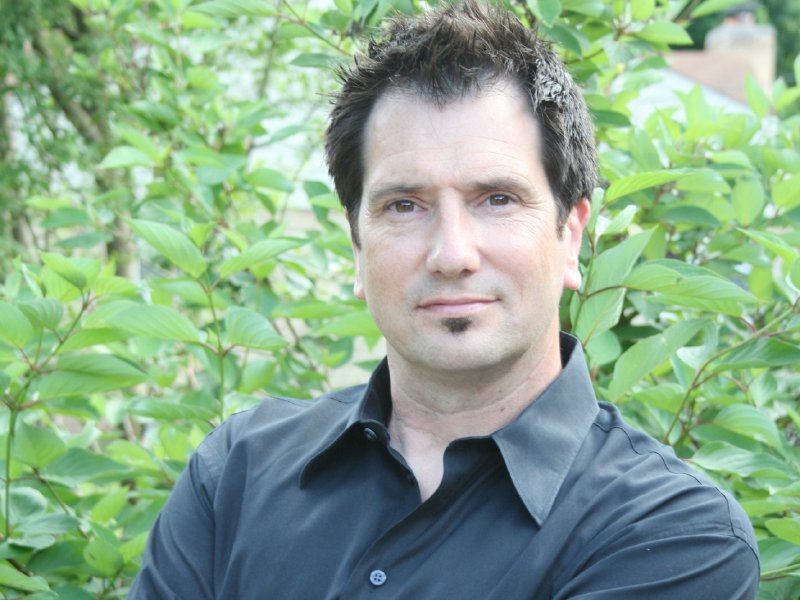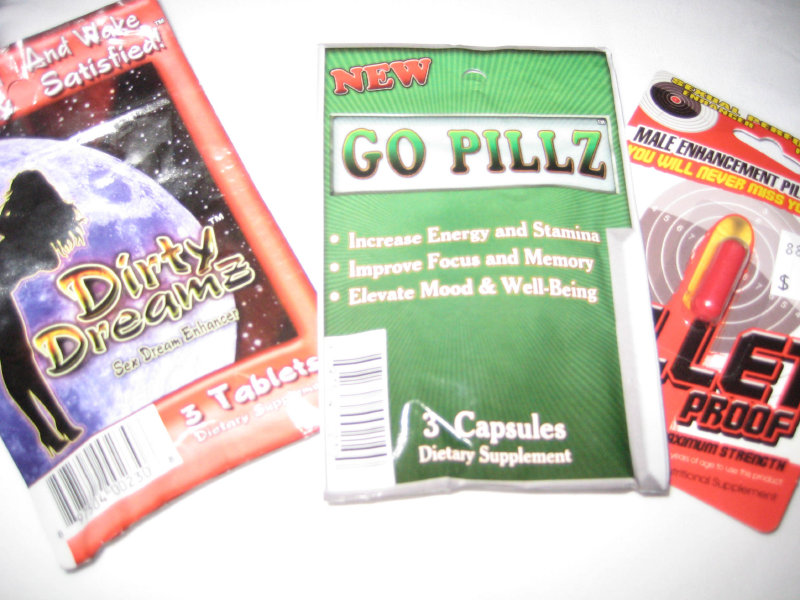Kevin Schaefer is standing with his arms crossed in the parking lot of the Summerfest grounds. He is wearing a Motörhead T-shirt that shows off his sleeve of tattoos. His short spiky hair and dark sunglasses make him fit right in with the crowd of rock fans. If I didn’t know he was a Milwaukee-based nationally certified interventionist, recovery coach and substance abuse counselor I may have assumed he just stepped off his tour bus.
Schaefer is a new kind of rock star. The kind that is working tirelessly to save lives from drug and alcohol addiction. His titles cover the spectrum of the stages of addiction treatment and the recovery process, allowing him to provide full range care for his clients. His services are available here.
Schaefer himself has been in long-term recovery since 1989. His journey has included traveling through Asia and spending time at a Korean Zen Monastery, both of which have influenced the techniques he employs in maintaining his own sobriety and in guiding the recovery of others. Breathing, meditation, yoga and 12-step are just a part of the holistic strategies he offers. He specializes in males addicted to drugs and alcohol between the ages of 16 and 60.
And although he deals with individuals who are not ready to accept help, Schaefer rejoices when sees his clients’ "eyes light up when they experience part of the solution to their problem" and when he sees what he calls, them catching the "recovery buzz."
It’s no secret that the entire nation is in the throws of an epidemic. The Washington Post states, "100 Americans die of drug overdoses each day… accounting for more deaths than traffic fatalities or gun homicides and suicides."
I turned on the National Nightly News twice this week and randomly saw a story about heroin each time. And according to Fox6 Milwaukee, "It is an epidemic that is quickly approaching a shocking milestone. The number of heroin-related deaths in Milwaukee County could soon surpass the total number of heroin-related deaths throughout all of last year. This, with four months left in 2014."
September is National Alcohol and Drug Addiction Recovery Month and in an effort to gain more of an understanding about addiction and recovery, I had Schaefer school me through five questions to shatter some of the stereotypes about the disease.
Read his responses below and gain the perspective of hope through recovery.
Lindsay Garric: Can you shed some light on addiction for me Kevin? Is it an "acquired" behavior? Is there a genetic component? Is addiction a disease?
Kevin Schaefer: Addiction is a chronic relapsing brain disease. Heroin addiction is a deadly example of this. The addicted individuals' brain has been hi-jacked to compulsively seek more of the drug to elicit a feeling of comfort-ability in their own skin. That's why addicts start and continue to use. They love the way drugs change them on the inside.
But, at some time it all changes and it no longer is a "feel good" endeavor but a necessity for living. This is the baffling concept for normal, non-addicted folks to understand. Very simply put, they have a disease of choice. The science of addiction is more complex.
Without intervention, the addict can pursue their habit to the gates of death or incarceration. Even in spite of the tragic and harmful consequences, most addicts, with every reason to stop using, will often find "recovery" impossible. When you ask them why they continue to use and they are really honest with you, they may tell you the simple truth. The honest truth is that they have no better idea than you do.
LG: Is there hope for addicts? Can they recover?
KS: There is hope! "Hope" is defined as "the feeling that what is wanted can be had or that events will turn out for the best."
Today there are new forces in our community and cities and nation that are shining a bright light at the end of a very dark tunnel!
These forces are speaking up and bringing awareness to the various dilemmas that are baffling our nation’s communities. Dilemmas such as the prescription drug problem and the heroin epidemic. These forces are bringing awareness to middle school and high schools. There are foundations that are helping families financially and with emotional support. There are new and evolved treatment modalities. There are medication-assisted treatments such as Vivitrol. More community based support projects are emerging such as sober living houses for the recovering individual coming out of residential treatment. There are approximately 100 support group meetings daily between Waukesha and Milwaukee County including groups specifically for opiate-dependent individuals.
That is the hope!
I think that deep down, most if not every asdic / alcoholic loathes how they're living. Every addict-alcoholic should have a shot at freedom. Freedom from their dealer, and their drug of "no-choice." I y "no-choice" because being an addict means you are a slave to the substance. Honestly, who wants to be a slave? We as a community need to provide the better choice and support people in their continuing choice of recovery.
LG: What would help shift the stigma of addiction?
KS: Accepting that addiction isn't a moral dilemma. That it is a chronic relapsing brain disease, done in spite of horrible consequences. An individual can get help!
But why do many still think its moral disease or helpless? Let’s look at the various stigmas:
1. Individuals suffering with the disease that do not seek treatment! So, part of the solution is getting the word out that there is help of all kinds. Help in terms of convincing an individual who has not fully realized their plight and then getting them the appropriate help. The family also needs resources to better understand and heal from this disease. There is also help in the form of residential treatment, meaning the typical 30, 45, 90 day in-patient, in addition to, Intensive-Out-Patient treatment (IOP.) This particularly beneficial for the individual who may have been in residential already, or for someone that in-patient may not be conducive with work. There is also one-on-one counseling and or group counseling within various addiction treatment clinics here in Milwaukee.
2. The "War on Drugs" which counts drug users as criminals. One of the solutions to this problem, which is finally emerging and having an impact on this stigma is the NADCP (drug courts.) Instead of incarcerating someone who was caught with his parcel of goods for his addiction, drug courts around the nation including Milwaukee and Waukesha Counties have had success with helping individuals find alternatives to revocation. By doing this, we are aiding in prevention and treatment versus criminalization and incarceration, which feed into the stigma.
3. Medical professionals failing to treat addicts properly. Part of this solution I feel is properly educating the pain management doctors to what addiction is and looks like. We have a prescription pill problem feeding a heroin epidemic in our back yard and nation. There are physicians offering Buprenorphine programs without the proper therapeutic treatment that is necessary for success.
4. How the media portrays celebrities with addiction problems.
LG: What’s the advantage to a "recovery house?" What’s a misconception about "sober living" or "recovery houses"?
KS: The advantage to a recovery house – let’s use an example. An individual comes from a 30-day treatment center and needs to acclimate themselves into "normal" day-to-day living. He will want the best possible chance at that. If the individual and family have invested, say $30-40,000, they want to protect that investment. Sober houses have the ability to provide a safe place for the individual to continue the distance from their drug.
Let’s just take this a step further. Sober living with a recovery coach, a person like myself who can maintain accountability in a number of areas on a daily basis. This idea can increase the success rate. If anyone has dealt with addiction, you know anything you can do to increase your success rate is great and needed.
A misconception would be that a sober living house will fix the addiction problem. The sober house is a great beginning of the journey, but an individual has got to put some effort into maintaining some sort of recovery accountability. Being honest, open-minded and a willing are essential for an individual trying to recover. If those elements are not present, sober housing isn't going to help maintain recovery.
LG: If someone wants help where should they go?
KS: If a person wants help they can call the AA central office at (414) 771-9119 or they can call 211. An individual may want to begin with a detox program. For this, they can contact their local health and human services department. There are many options like smart recovery, 12-step support groups, their church/religious organization or from government services. They can also call me.
Family members can seek out AL-ANON or they can call individuals like myself.
Family needs to recognize that even if the individual doesn't want help, action towards recovery is still possible. They can start by not giving cash, calling police when crimes are committed and setting boundaries. Love plus denial equals enabling. Call an interventionist and bring awareness. Support them in their recovery but not in their addiction.
Lindsay Garric is a Milwaukee native who calls her favorite city home base for as long as her lifestyle will allow her. A hybrid of a makeup artist, esthetician, personal trainer and entrepreneur all rolled into a tattooed, dolled-up package, she has fantasies of being a big, bad rock star who lives in a house with a porch and a white picket fence, complete with small farm animals in a version of Milwaukee that has a tropical climate.
A mishmash of contradictions, colliding polar opposites and a dash of camp, her passion is for all pretty things and the products that go with it. From makeup to workouts, food to fashion, Lindsay has a polished finger on the pulse of beauty, fashion, fitness and nutrition trends and is super duper excited to share that and other randomness from her crazy, sexy, gypsy life with the readers of OnMilwaukee.com.






